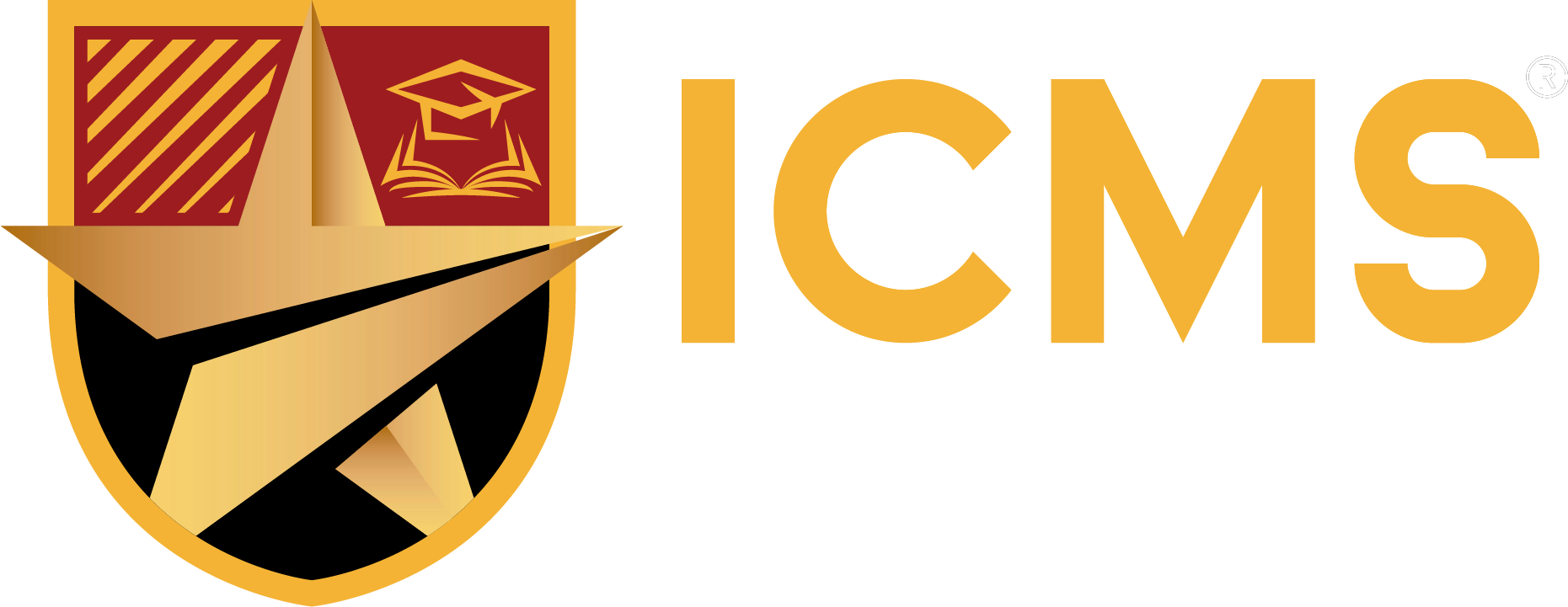
CAREER ALERT – How to get into one of the most exciting and lucrative careers of today
April 1, 2024
ICMS expands influence in football business, wins prestigious award
June 10, 2024In the realm of higher education, individuals are often faced with a myriad of choices, each promising unique benefits and opportunities. Among these options, pursuing a diploma stands out as a comprehensive and advantageous pathway towards academic and professional success. In contrast to foundation programs, twinning degrees, or foreign degree transfer programs, a diploma offers distinctive advantages that set it apart as an ideal choice for many aspiring students.

Diploma programs provide specialized training and practical skills tailored to meet the demands of specific industries. Unlike broader foundation programs, which lay a general groundwork, diploma courses dive deep into the subject matter, offering hands-on experience and industry-relevant knowledge. This focused approach equips students with the precise skills and expertise necessary to excel in their chosen fields from the outset. Students pursuing Diploma programs also have access to cheap PTPTN funding compared to foundation programs which have no PTPTN funding except for a few Institutions.
Moreover, diploma programs typically have shorter durations compared to degree programs, allowing students to enter the workforce more quickly. This aspect is particularly appealing for those eager to kickstart their careers and begin making meaningful contributions in their respective industries at an accelerated pace. By obtaining a diploma, individuals can gain a competitive edge in the job market without the prolonged commitment often associated with traditional degree programs.

Furthermore, diploma courses are renowned for their flexibility and accessibility. Many institutions offer part-time or online options, enabling students to balance their studies with work or other commitments. This flexibility not only enhances accessibility for a diverse range of learners but also fosters a dynamic learning environment conducive to personal and professional growth.
In contrast to twinning programs or foreign degree transfers, which may involve complex
logistical arrangements and potential uncertainties regarding credit transfers and recognition, pursuing a diploma offers a streamlined and straightforward path to certification. With a diploma, students can rest assured that their qualifications are nationally recognized and hold value in the job market, eliminating the need for additional validation or accreditation processes. And what happens if, god forbid, but your circumstances change adversely two years into an overseas twinning or Degree transfer program. You basically end up with 2 years of uncertified study.

Moreover, diploma programs often foster close-knit communities and foster strong industry connections. Through internships, industry partnerships, and networking opportunities, students gain invaluable exposure to real-world challenges and experiences, paving the way for seamless transitions from academia to the professional sphere.
In conclusion, studying for a diploma offers a multitude of advantages over alternative pathways such as foundation programs, twinning degrees, or foreign degree transfer programs. From specialized training and practical skills to accelerated entry into the workforce and enhanced flexibility, diploma programs provide a comprehensive and
accessible route to academic and professional success. As individuals weigh their options in pursuit of higher education, the benefits of a diploma stand out as a compelling choice for those seeking to thrive in today's competitive landscape.
Think Diploma ! Think ICMS


